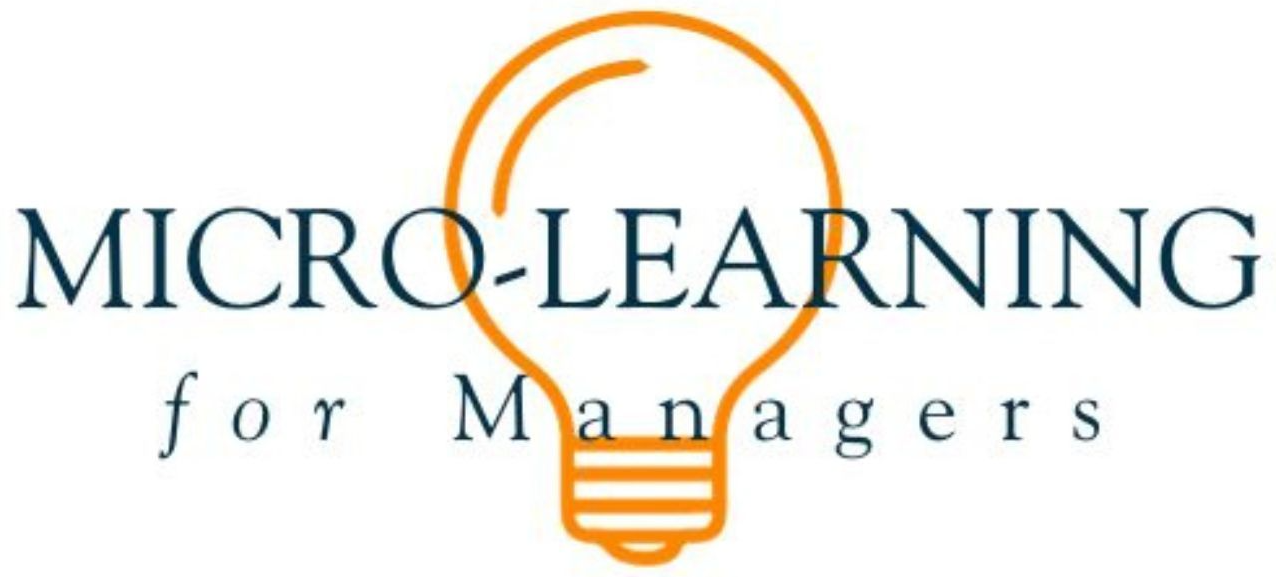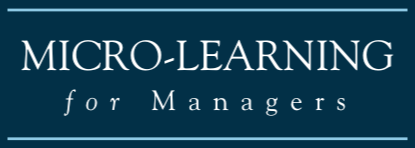Gen Z are the
youngest of five generations currently in the
workforce. Born between 1997 and 2012,
their ages now range from the early teens to mid-twenties. With a global population of 2.4 billion,
they’re on track to be the most educated generation in history. Within the U.S., 47% are ethnic minorities. Having never experienced a period without instant
access to the internet, they are the first digital natives with an affinity
towards technology.
What makes Gen Z so unique?
Gen Z is undeniably the most connected generation ever. They’re also the loneliest, with 58% feeling
sad often. A recent
Harmony Healthcare IT study revealed that 61% of the generation
have been medically diagnosed with an anxiety condition. Most common sources of stress include
finances, work, social activities, relationships, and uncertainty involving the
future. Unlike previous generations, Gen
Z is highly collaborative, transparent about feelings, and open to discussions
involving mental health.
Aside from mental health concerns, Gen Z is entering the
workforce highly educated but lacking basic skills needed for the positions
they’re filling. They want feedback and
coaching needed for ongoing development and expect advancement or promotion at
an accelerated rate. They’re
income motivated and will readily transition roles or
companies where opportunities for advancement exists. The average tenure within a job for the
incoming generation is 27 months.
Gen Z is purpose driven, culturally sensitive, and concerned
about the climate. They value
inclusivity, view technology as essential, and are expressive regarding values
and beliefs. They prefer working in a
dynamic environment offering a variety of experiences, flexibility, and
work-life balance. They are apprehensive
of authority figures and want to work for managers they know and trust.
Why is this information important?
Gen Z is unlike any previous generation, sharing little in
common with the Baby Boomers they’re now replacing on payrolls. They are entering the workforce with historic
low unemployment rates, with lots of options for employment. Unfortunately, few organizations have
prepared for the transition now underway, putting themselves at a competitive
disadvantage among industry peers that have.
This is especially true in labor-intensive industries like construction,
manufacturing, or logistics.
Most workplaces are steeped in tradition and hierarchical in
organizational structure. Management
practices that worked, and perhaps worked well in the past, no longer do. This helps explain why organizations continue to struggle with employee engagement levels. It also provides
insight into why satisfaction surveys routinely pinpoint the
youngest
demographic as the most frustrated. In
an increasingly difficult labor market, and one most experts believe will only get
more complex, more of the same is not the answer.
Gen
Z employees want to be involved and want to have input into decisions impacting
their jobs. What opportunities do
you have to more frequently involve employees in daily operations? Where can employee input be solicited for improved
decision-making outcomes?
Gen
Z employees want to work for managers they know and trust. They are purpose-driven and apprehensive of
authority. Transparency is a leadership
quality that grows credibility among direct reports. What information do employees need to feel
more connected to operational outcomes? Do your employees understand how they contribute to a downstream product or service?
Employee
experience is directly reflected in levels of engagement. And no one impacts an employee’s daily
experience more than frontline management.
What steps can be taken to better provide for the basic needs of your
employees? Do employees feel valued and
appreciated? Do they have a sense of
belonging and purpose?
Gen
Z employees want to be coached and led, not controlled or managed. This requires adopting (in many instances) an
entirely new set of skills intended to grow participation rates required for
the interdependent cultures Gen Z employees prefer. Is (employee) feedback for areas of needed improvement
routinely provided? Are you coaching employees, providing input or suggestions for ways improvements can be
made?
Involving
employees and seeking input from them on operational challenges faced is a key
to more effectively integrating the next generation of workers. It requires an investment, however, in
learning and development. Do you know
what interests your employees have and are you offering them opportunities for
needed development to get there? Does
your company offer cross-training and if so, are you encouraging employees
to take advantage of it?
To better prepare for the workforce transition now underway, frontline managers must be better prepared for the expanding role they will be
expected to fulfill. This requires instilling
leadership qualities required to earn respect and adopting leadership practices
that better align with the expectations of the incoming generation. While early indicators suggest we have a lot
of work to do, they also offer hope for those willing to make needed course
corrections. Are you ready to get
started?
Microlearning for Managers is a learning & development organization
dedicated to the 21st century needs of front and midline managers. Specializing in the qualities of effective frontline
leadership, we focus on providing the skills needed to achieve operational
objectives through influence. For additional
information or to view our leadership qualities course offerings, please check out our website.


